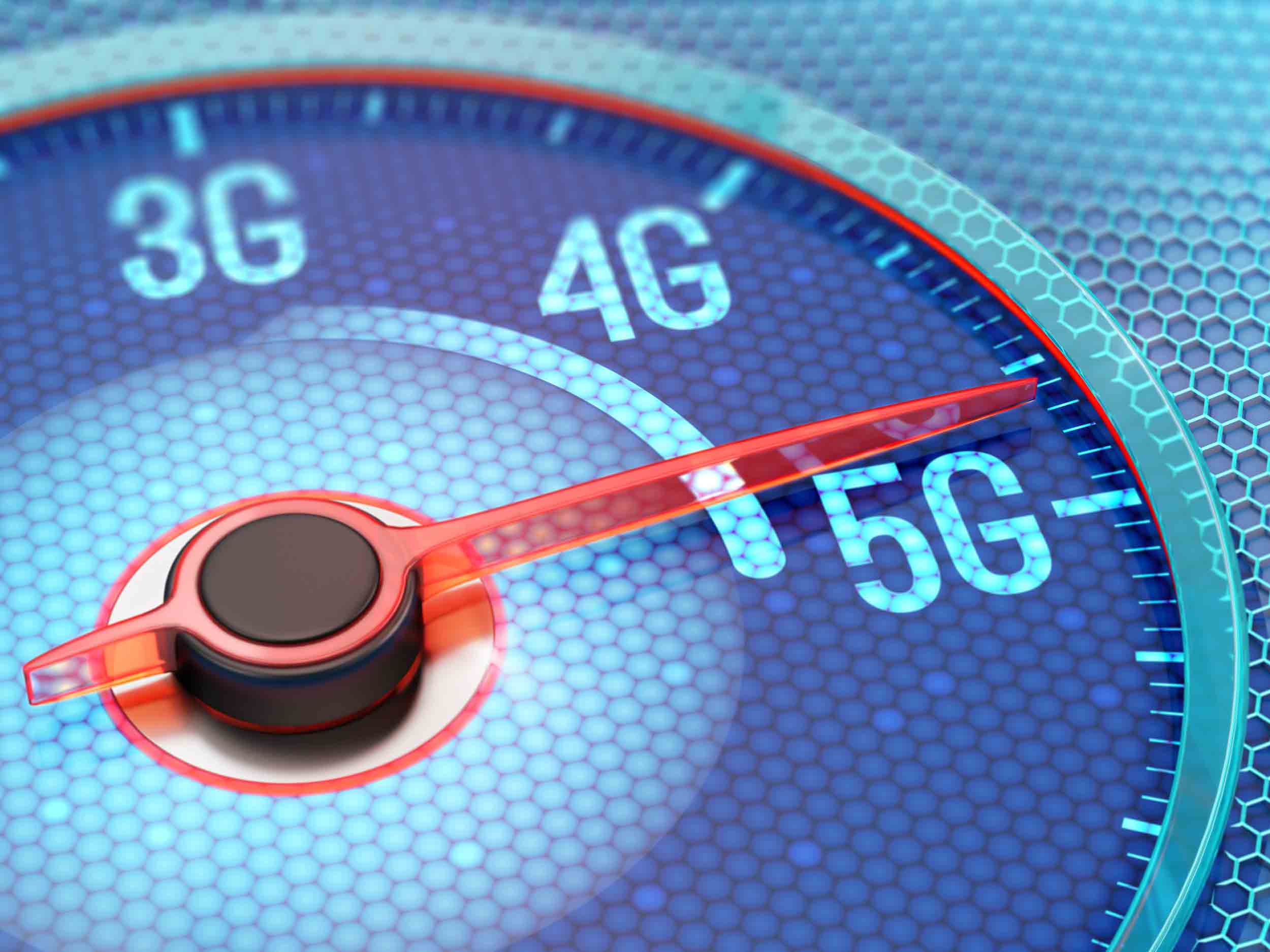FCC's Johnson: 5G RF 'Conspiracy Theories' Could be Catastrophic

The smarter way to stay on top of the multichannel video marketplace. Sign up below.
You are now subscribed
Your newsletter sign-up was successful
FCC General Counsel Thomas M. Johnson Jr. took to the opinion pages of the Washington Post to push back on what he called 5G conspiracy theories and decisions by local governments based on on "irrational fears and unproven theories," which he said could be "catastrophic" given that connectivity is key to social and economic recovery from the pandemic.
The FCC is currently trying to free up as much spectrum for 5G wireless broadband and to speed the deployment by streamlining the local approval process for erecting cell towers.
On the other side are groups concerned about the RF radiation impacts of wireless devices on human health.
Johnson's message: Not to worry. "Some people have recently been stoking fears about the supposedly harmful health effects of 5G — the new generation of wireless broadband networks," he wrote, citing the "understated headline" in The New Republic "Is 5G Going to Kill Us?" and those subscribing to 5G "conspiracy theories" who have been setting fire to cell phone towers in Europe.
His answer is an unequivocal "no." He argues that such conjecture is "long on panic and short on science."
He says that the FCC has, for decades, "ensured that equipment that transmits information over radio waves — from station antennas to cell towers to mobile phones to laptops.
Back in December, the decided--unanimously--not to change its RF emission exposure limits or how it evaluates those limits for mobile device use, resolving a 2013 order and notice of inquiry into the issue.
The smarter way to stay on top of the multichannel video marketplace. Sign up below.
Saying it "takes to heart" the FDA's findings that "t]he weight of scientific evidence has not linked cell phones with any health problems," the commission voted unanimously--with commissioner Jessica Rosenworcel concurring, which is short of a full-throated "aye," to retain the current limits, but to adjust the rules" to ensure the health and safety of workers and consumers of wireless technology, while also clarifying and streamlining rules to reduce regulatory burdens on licensees."
The FCC is required by law to periodically evaluate the impact of RF devices--these days most prominently smart phones--on quality of the "human environment."
“The FCC decision flies in the face of mounting scientific evidence demonstrating harm," said Devra Davis, president of the Environmental Health Trust, back in December. The trust had pushed for more stringent standards. "The U.S. actions run counter to progressive decisions of sophisticated governments that have denoted major resources to evaluating new evidence on the issue and have taken steps to curtail exposures as a result of their findings.”
Johnson cited the December decision in the piece as more evidence the FCC had done its due diligence.
He said that despite the FDA findings, plaintiffs lawyers and activists were looking to capitalize on misinformation. He cited a class action suit in California, and the FCC's point that such suits would boost litigation costs that would be passed on to consumers.
Related: FCC Supports Apple in RF Suit
Then there was the Berkeley, California, ordinance that requires retailers to post a notice that carrying the phone in a pants pocket or tucked into a bra could exceed RF limits, which he says ignores the safety margin the FCC has established.
Contributing editor John Eggerton has been an editor and/or writer on media regulation, legislation and policy for over four decades, including covering the FCC, FTC, Congress, the major media trade associations, and the federal courts. In addition to Multichannel News and Broadcasting + Cable, his work has appeared in Radio World, TV Technology, TV Fax, This Week in Consumer Electronics, Variety and the Encyclopedia Britannica.

